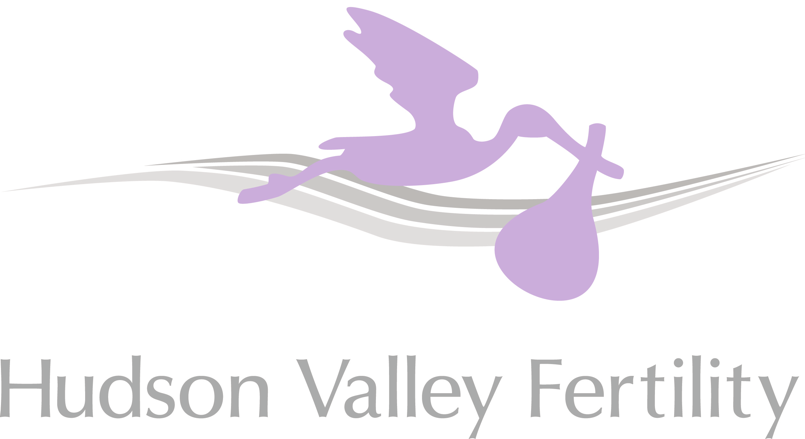HEALTH & WELLNESS
Discover our process of turning dreams into reality for aspiring parents and exceptional egg donors.
Fertility & Nutrition
Inadequate nutrition may exacerbate fertility challenges. Insufficient weight can disrupt hormone levels, impact menstrual cycles, and heighten the likelihood of miscarriages. Conversely, obesity may disrupt menstruation and contribute to conditions such as gestational diabetes, hypertension, preeclampsia, and toxemia, alongside potential ovulation difficulties.
Establishing and adhering to a balanced, wholesome diet tailored to meet your unique requirements and sustain optimal bodily function is key to enhancing your prospects for a successful pregnancy. Whether your aim is weight management, the management of conditions like PCOS, or the acquisition of accurate nutritional knowledge to promote overall well-being, our team is equipped to support you throughout the process.
Yoga for Fertility
Yoga is known to offer numerous health benefits similar to acupuncture. For individuals facing infertility challenges, incorporating yoga into their routine can aid in enhancing overall health and well-being. Engaging in a series of slow and gentle poses can improve mobility, flexibility, strength, and circulation, while reducing stress, anxiety, and symptoms of depression. Research indicates that yoga can help in hormone regulation and contribute to an overall sense of wellness for both the body and mind.
Yoga practices designed for fertility health are gentle, low-intensity, and nurturing. Tailored specifically to prepare the body for pregnancy and childbirth, these sessions resemble a self-induced full-body massage rather than a traditional exercise class. Through these sessions, participants can expect valuable support, nurturing, and strength. Additionally, individuals will be introduced to breathing techniques known as pranayama, proven to alleviate stress, tension, anxiety, and discomfort, while promoting improved focus and tranquility.
Acupuncture for Infertility
Acupuncture is a holistic approach that can be highly beneficial in fertility treatment. By addressing various health concerns through full-body treatment, acupuncture can support overall health, potentially improving implantation and pregnancy outcomes. This comprehensive care can provide emotional and physical relief throughout the fertility journey. Specifically, acupuncture can assist in preparing for procedures such as IVF, embryo transfer, and ovarian stimulation, as well as addressing male factor infertility.
Moreover, acupuncture offers benefits beyond fertility by promoting better blood circulation and nutrient flow to the reproductive system, enhancing the effectiveness of fertility treatments. It can also help reduce symptoms of depression, stress, and anxiety, contributing to overall well-being during the fertility process. Extensive scientific research supports the positive impact of acupuncture on pregnancy rates, miscarriage rates, and sperm quality.

Other Wellness Resources for Fertility
Exercise & Fertility
Regular physical activity is beneficial for fertility according to research studies. Engaging in moderate exercise, such as brisk walking for about 30 minutes daily, has been found to boost fertility in both men and women.
However, excessive vigorous exercise, specifically for women who workout intensely more than 3-5 times per week, may have a negative impact on fertility, as indicated by studies. This could potentially be due to the combined stress on the body from intense exercise and the stress related to fertility issues, possibly leading to adverse effects.
Meditation & Fertility
Mindfulness is the practice of staying present and attuned to the current moment. It involves fully engaging with each moment in our daily lives. It is about being compassionate towards ourselves by accepting and acknowledging the reality of our experiences without trying to ignore or push them away. By recognizing our suffering and allowing ourselves to sit with it, we can respond with compassion and empathy.
Stress Management & Infertility
Research indicates that while stress may not be a primary factor in infertility, it can impact a woman's ability to conceive. Studies have shown that women with elevated levels of alpha-amylase, an enzyme associated with stress, in their saliva may experience a 29% increase in the time it takes to become pregnant compared to those with lower levels. Reducing stress may be beneficial for women who are trying to conceive, although it does not guarantee successful conception.

